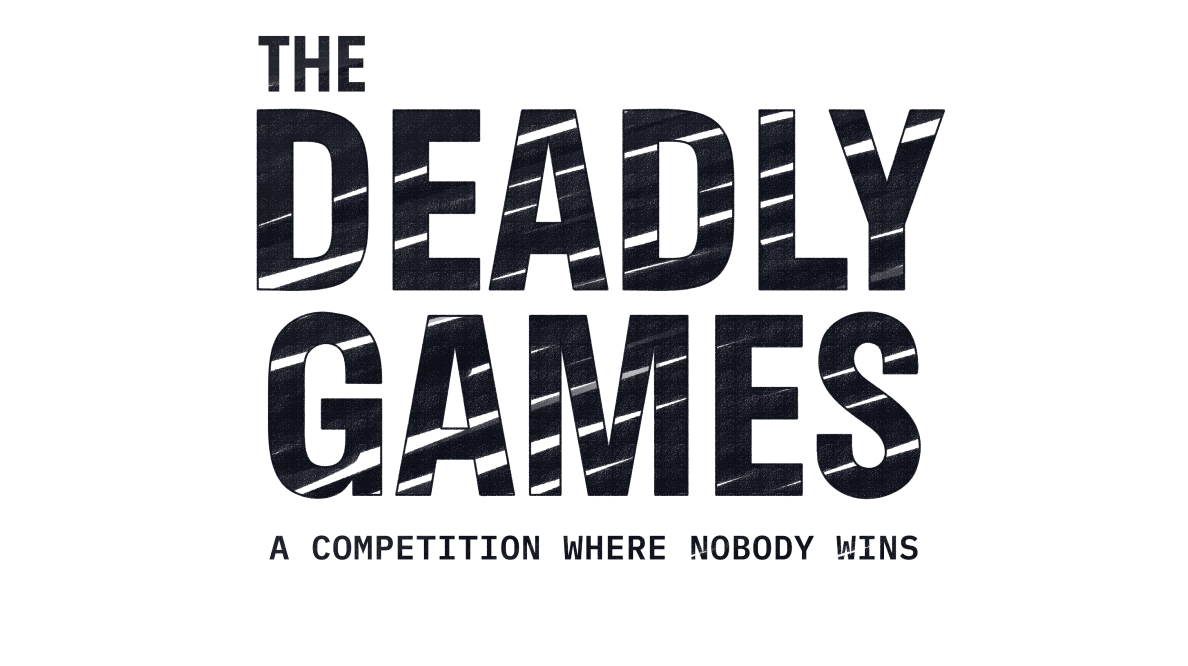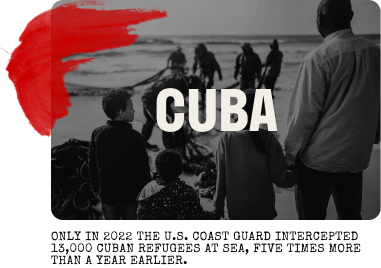









Keep supporting our work by donating below

Demonstrations in Russia basically disappeared, as they were brutally suppressed immediately in the bud, even using horses to disperse these peaceful protests.
Since Russia’s invasion of Ukraine in February 2022, the human rights situation in Russia deteriorated dramatically. Today, all disagreement with the official policy—be it on the street or in the virtual space—is fiercely suppressed and leads to prosecution. The entire power, including the judiciary system, police or press, is subjected to tight control.
After the Russian regime put People in Need on the list of the so called "undesirable organizations", as a result, at present we cannot work in Russia. Nevertheless, we help Russian activists who continue their work in exile.

THE NUMBER OF INJUSTICES THAT CITIZENS OF THE SOUTH AMERICAN COUNTRY KEEP GROWING LIKE A DECATHLON.
The humanitarian crisis in Venezuela continues to manifest itself in both social and economic terms. Most people live in extreme poverty, unable to afford food or medicine. The delivery of basic services is inefficient, especially in remote areas, and mobility and access to fuel are precarious in what was once Latin America's richest country. As a result of extreme poverty, a dysfunctional health system, and the injustice and brutality of the Venezuelan regime, countless Venezuelans are either dying or fleeing the country.
We support civil society in Venezuela in a number of ways. We work with local non-profit organisations to distribute donations and support projects for independent journalists, political persecuted, indigenous peoples, and environmental and human rights defenders. We also support Venezuelan NGOs and activists by organising advocacy trips to amplify their voices around the world.

Egypt is among the countries with the highest number of executions; executions are by firing squad or hanging.
Egyptian President Abdel Fattah el-Sisi—in power since June 2014—leads a country in a deepening human rights crisis. In Egypt, civil society faces harsh repression; the regime detains activists and journalists, often keeping them in pretrial detention for months or years without a right to a trial.
In prisons, governmental physical and mental torture is a daily routine. In Egypt, we work with non-governmental organisations, initiatives, and grassroots activists to promote human rights. Recently, our efforts have focused on providing legal aid for human rights defenders, journalists, and women facing domestic and labour violence. Through our programmes, lawyers, journalists, and other representatives from civil society are trained to defend human rights in their work. Additionally, we provide mental health support to activists.

Harsh conditions prevail in Belarussian prisons, fights between inmates and physical punishments by guards are the order of the day.
In the aftermath of the fraudulent presidential election in 2020, widescale protests erupted throughout the country, to which the regime responded with unprecedented brutality. As a result, Belarus ranks among the least free countries in the world. Its police, judiciary, and other legislative and executive bodies are entirely under the control of the dictatorial regime.
Due to the scale of repression, our activities take place outside of the country. We support relocated activists, journalists, and human rights defenders in their continuing fight for a democratic Belarus.

Only in 2022 the U.S. Coast Guard intercepted 13 000 Cuban refugees at sea, five times more than a year earlier.
Cuban civil society has suffered for decades. Every month, hundreds of activists are detained. Furthermore, the press and media are subject to total state control, and restrictions have led to the blocking or exile of various independentmedia outlets.
On top of political repression, the Cuban people endure significant poverty. In Cuba, we protect persecuted activists and strengthen civil societyby allocating subsidies.
One of the primary pillars of our assistance is promoting freedom of the press. We extend our support to independent journalists and agencies in Cuba, assisting them in their efforts to provide critical information to Cuban citizens.

A total of around 718 000 inhabitants fled the country, i.e. 10% of the total population.
Nicaragua experienced a significant shift following the large-scale social unrest in 2018. These protests, which were a result of widespread dissatisfaction among the civil society, were brutally suppressed by dictator Daniel Ortega. As a result, thousands of people have been forced to leave the country.
We provide Nicaraguans with various forms of technical and administrative support. We offer project management training and human rights grants to individuals who continue to struggle for justice and democracy in Nicaragua.
